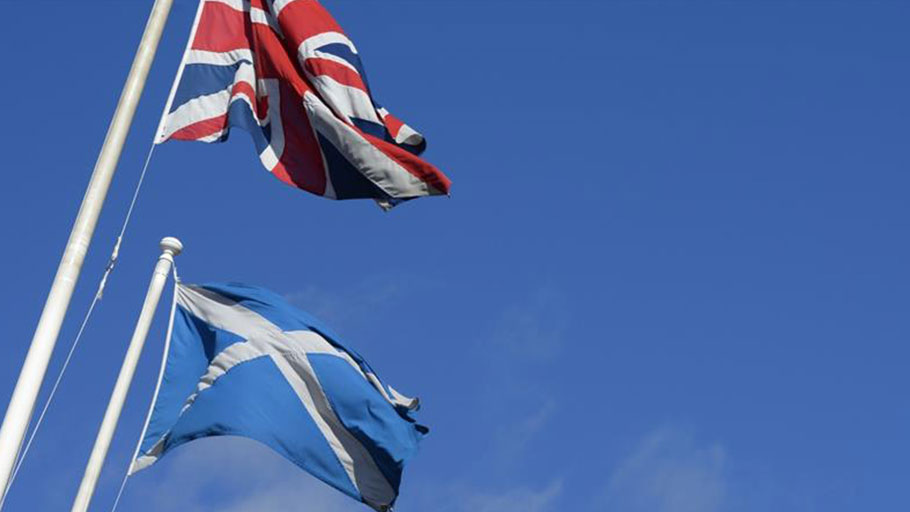
Scotland should take responsibility for the major and highly lucrative role it played in the transatlantic slave trade. By Elliot Ross, Al Jazeera — The late Jamaican-British intellectual Stuart Hall liked…
Here you will find reparation news, articles and media posts

Scotland should take responsibility for the major and highly lucrative role it played in the transatlantic slave trade. By Elliot Ross, Al Jazeera — The late Jamaican-British intellectual Stuart Hall liked…
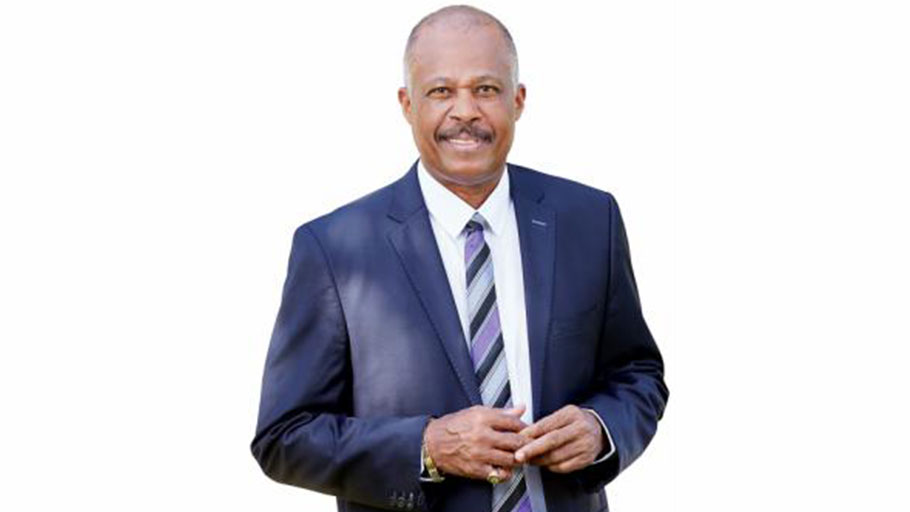
The Jamaica Gleaner — Vice Chancellor of The University of the West Indies (UWI) Sir Hilary Beckles has reported that The University of Glasgow in the United Kingdom (UK) is planning to pay reparations for £200 million (approximately J$34 billion) taken from the Caribbean. According to Beckles, who recently returned from the UK, “The University of Glasgow has recognised that Jamaican slave owners had adopted the University of Glasgow as…
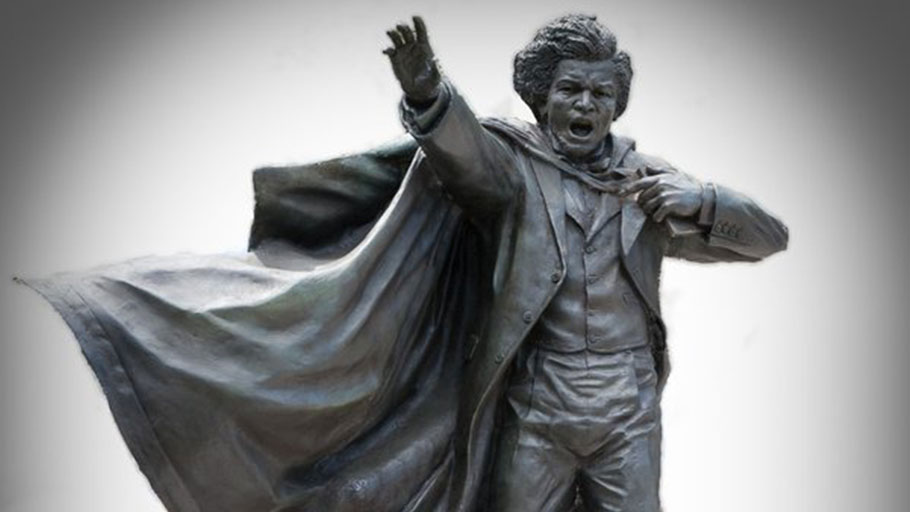
Image: A new statue (2015) of Frederick Douglass stands in Hornbake Plaza. Note: While most of us generally think about the profound activism and wisdom of Frederick Douglass being acknowledged…
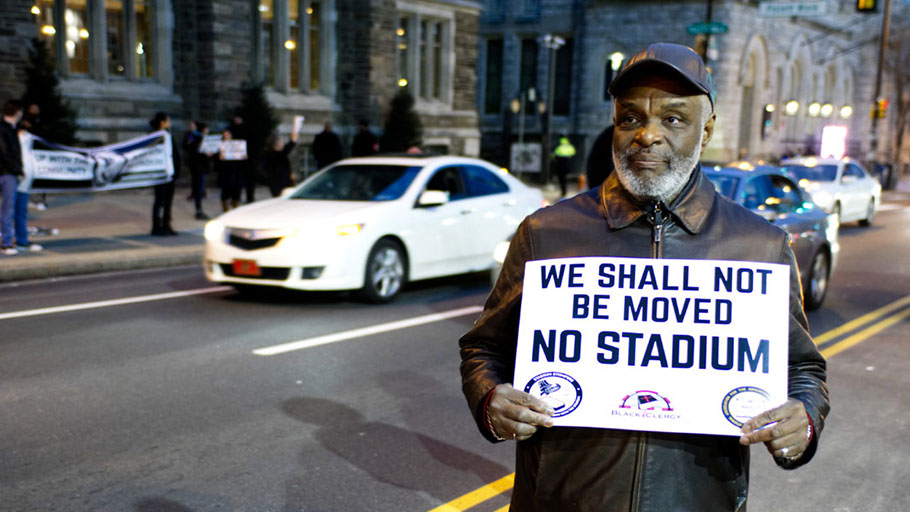
By Thelá Thatch, Black Enterprise — Gentrification involves the transformation of under-invested, predominately poor communities from low value to high value. During this transformation, long-time residents and businesses are displaced; unable to afford higher rents, mortgages, and property taxes. For some, gentrification is a process of renovating deteriorated urban neighborhoods through the influx of more affluent residents. To others, gentrification magnifies the racial divide as it shifts a neighborhood’s racial…
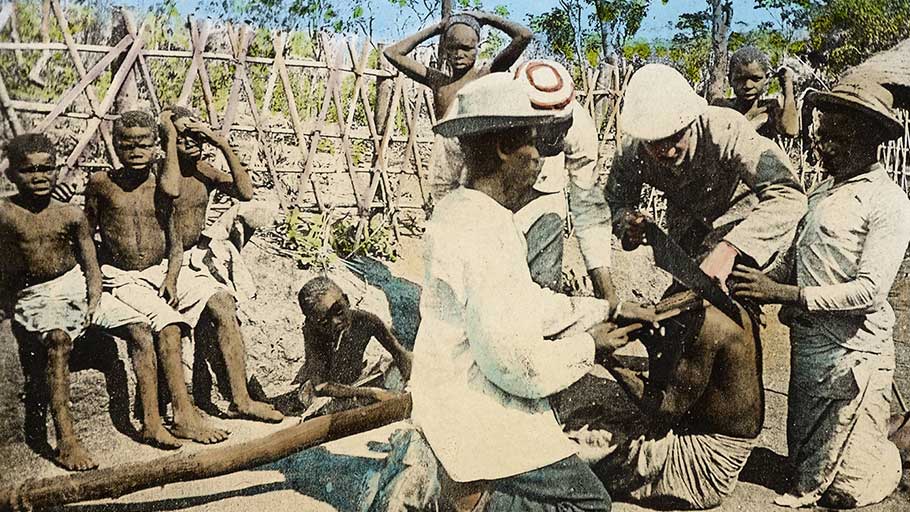
By Christer Petley, Edited by Nigel Warburton, Aeona — It is no surprise that the whip is synonymous with New World slavery: its continual crack remained an audible threat to enslaved workers to keep at their work, reminding them that their lives and bodies were not their own, and that they should maintain (outwardly at least) a demeanour of dutiful subordination to their overlords. The whip was a cruel and effective instrument…
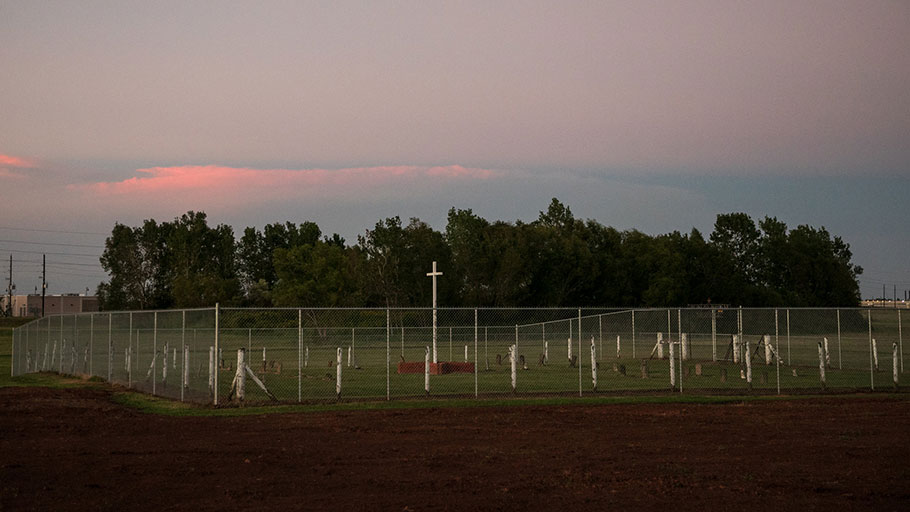
Bodies of sugar cane workers recently discovered in Texas reveal gruesome details about the convict leasing system. By Brent Staples, The New York Times — The blood-drenched history that gave the city of Sugar Land, Tex., its name showed its face earlier this year, when a school construction crew discovered the remains of 95 African-Americans whose unmarked graves date back more than a century. The dead — some of whom may have…
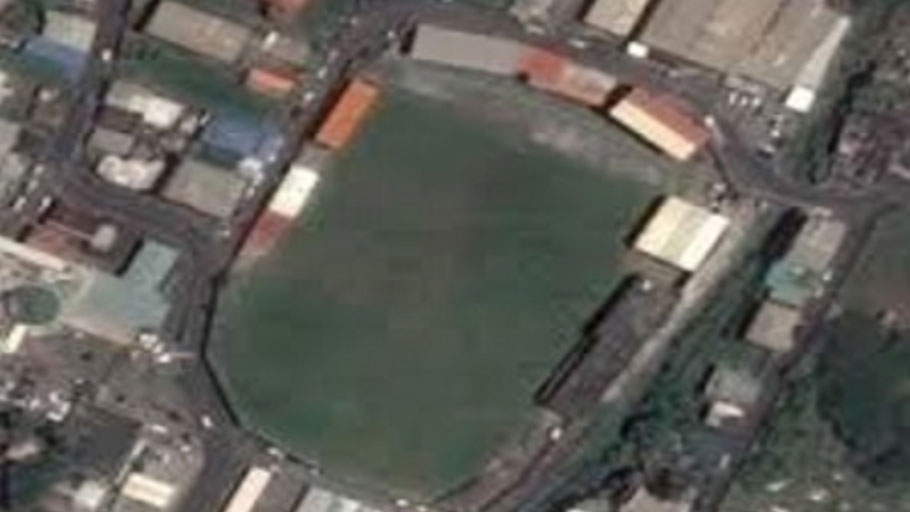
(CMC) – The St Vincent and the Grenadines Reparations Committee (SVGRC) is calling on the government to re-name the Victoria Park “with a name more befitting and independence country” as the nation celebrates its 39th year of political independence from Britain on Saturday. “Our history is replete with outstanding statesmen, women and symbols from which we can choose,” the Committee said, noting that it is mindful of the fact that ever…
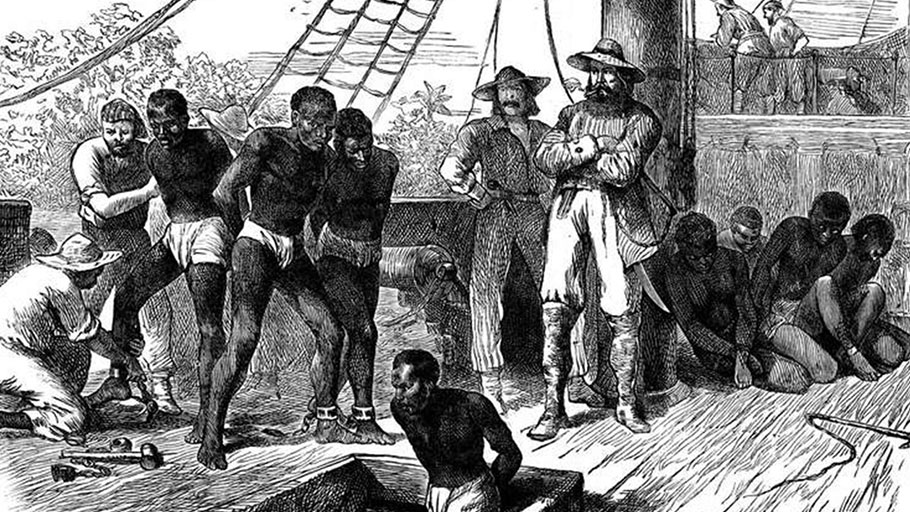
Universities in the UK which benefited in previous centuries from the slave trade should contribute to a £100m fund to support ethnic minority students, says a university leader. By Sean…
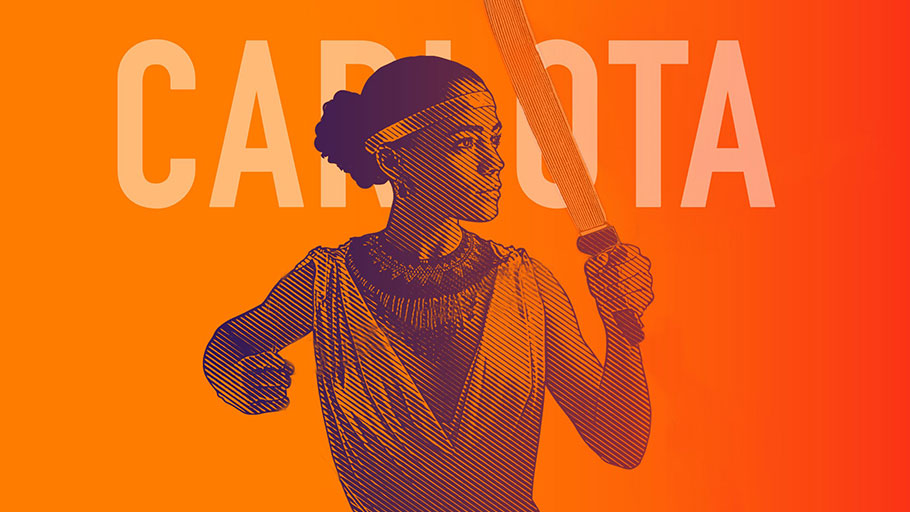
Carlota died for revolutionary ideals long before Castro showed up. By Jules Franco, OZY — The discovery of the young woman’s corpse on the Triunvirato estate, a sugar mill in…

The Black Press USA is the Web site of the National Newspaper Publishers Association (NNPA), an umbrella grouping of over 200 African-American newspapers spread across the USA. The NNPA has…
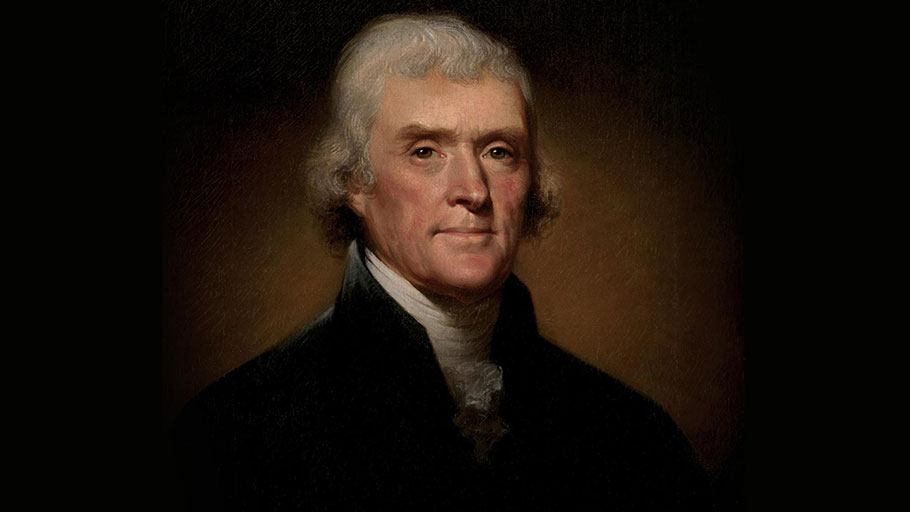
America’s Founding Fathers had some great ideas and some greatly disturbing ones. By Sean Braswell, OZY — Eight months after the Rev. Martin Luther King Jr.’s “I Have a Dream…
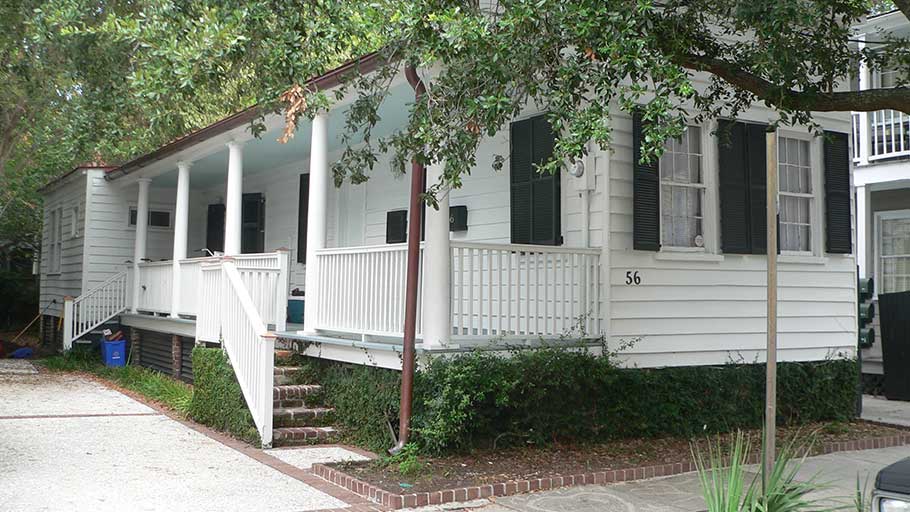
By Ashleigh Lawrence-Sanders, AAIHS — The familiar refrain after the Emmanuel AME massacre on June 17, 2015, was that Dylann Roof, the murderer, was not from “here.” But as Ethan Kytle and Blain Roberts’ Denmark Vesey’s Garden: Slavery and Memory in the Cradle of the Confederacy aptly demonstrates, Roof’s understanding of history and memory in Charleston led him to that church; and his understanding was not alien to the sometimes violently, oft-contested memory of slavery in the…